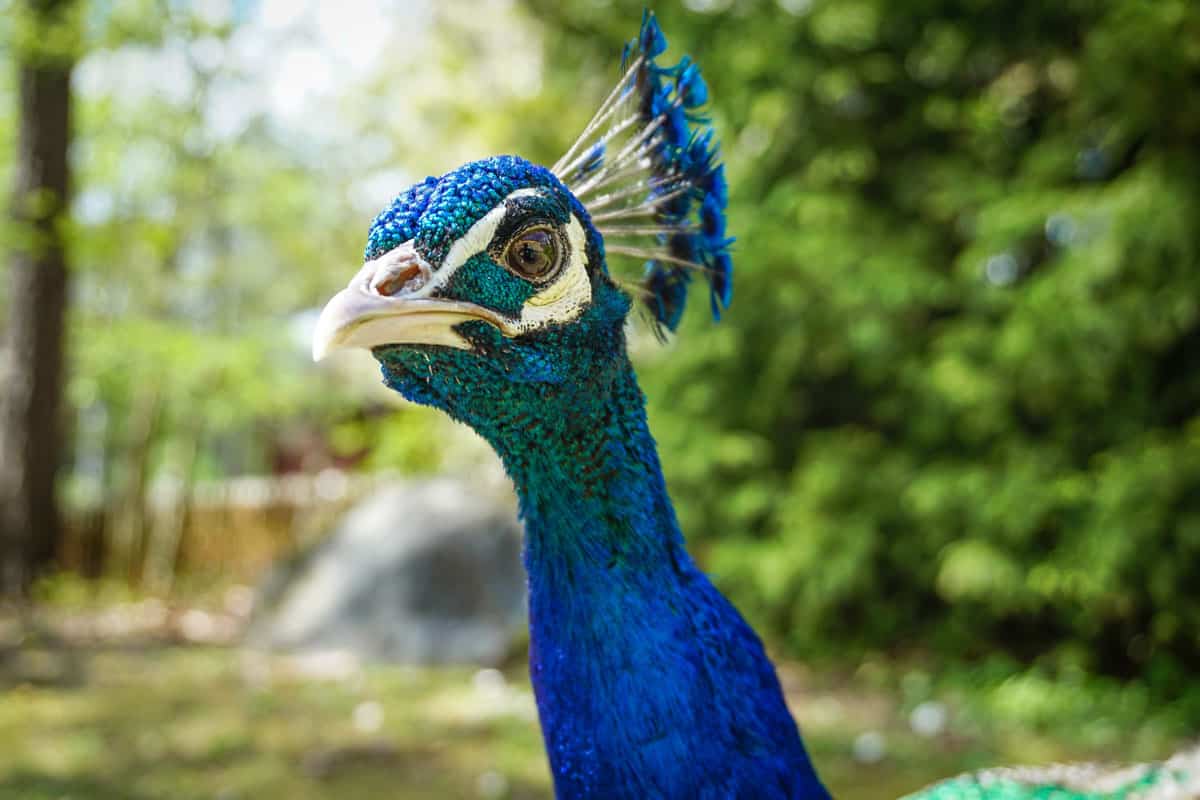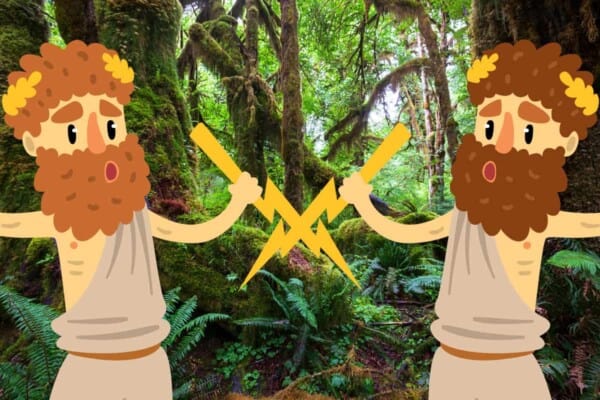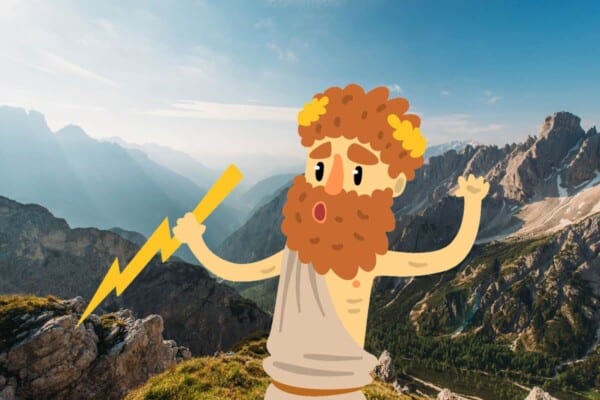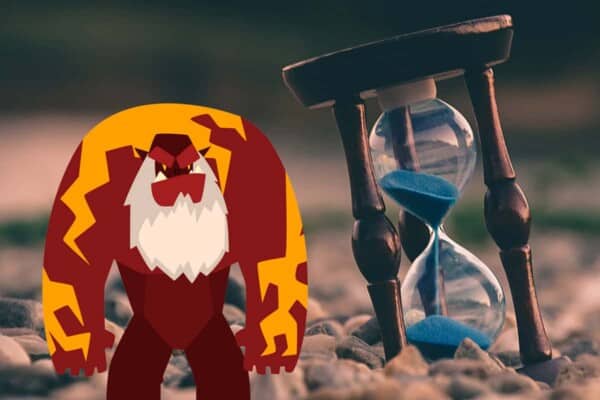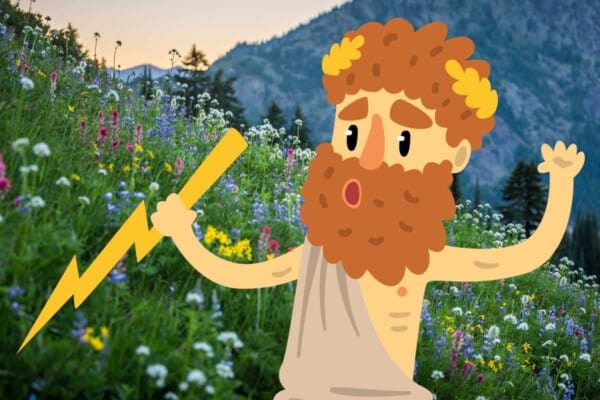Hera is the queen of the gods and Zeus’s wife, who is known for her spite and jealousy, but why is she so important?
In Ancient Greek mythology, Hera was the goddess of marriage and protector of women. Considering she’s famous for reacting furiously to her husband’s extramarital affairs, this is relatively ironic! However, Hera wasn’t just Zeus’s wife. She was involved in several important events in her own right. As one of the first Olympians, she was integral in overthrowing the Titans. She was also the queen, and all except Zeus were supposed to show her deference.
What Was the Role of Hera, and What Are Some of the Key Myths?
As Queen of the Gods, Hera was a highly worshipped goddess. Angering her could lead to dire consequences for anyone, god or mortal, adult or child. She was known for swift vengeance and arguments with Zeus. Here are five of her famous myths.
Marrying Zeus – Hera was one of the five Olympian gods born of Kronos and Rhea, the Titans. After she and her siblings defeated the Titans and began to rule, her youngest brother Zeus took many wives. Eventually, he decided Hera was the one he wanted. She initially resisted, but he caused a storm, then turned into a bird and hid in her dress. After he turned back into a man, she was ashamed of her lack of chastity and agreed to marry him.
Io and Argus – When she caught Zeus cheating with Io, he disguised his lover as a white cow. Hera took the heifer and tied Io to a tree, assigning her many-eyed servant, Argus as a guard. Hermes slew Argus at Zeus’s request. Hera took Argus’s eyes and cast them onto the tail of her favorite bird, the peacock.
Creating the Galaxy – One of Hera’s most famous enmities is with Zeus’s half-mortal son known as Herakles. This was a name he was given to (unsuccessfully) win her favor. Zeus tricked Hera into nursing Herakles at her breast to make her accept him, which had previously worked with Hermes. However, she realized and pulled the baby from her breast in disgust, causing milk to spray across the sky. This is where galaxies get their name (from Greek gala, milk), and is also why ours is known as the Milky Way.
Jason and the Argonauts – Hera hated Pelias, the uncle of the Greek hero Jason. She appeared to Jason to help him cross the river Anauros and lose his sandal, which would make him king. When Pelias sent Jason to uncover the Golden Fleece, she also aided him. However, once Jason betrayed Medea, Hera abandoned him, and he died alone and unhappy.
Helping the Greeks – Hera was firmly on the Greeks’ side in the Trojan War, even though Zeus had ordered her not to take sides. She allied with Hypnos, god of sleep, and made such powerful love to Zeus that he fell into a deep sleep. She then went with Poseidon to help turned the battle in the Greek’s favor. Zeus wasn’t thrilled when he woke up and ordered both of them to stop.
What Were Some of Hera’s Epithets?
Like most Greek gods, Hera was known by many different epithets across Greece, Rome, and Etruria. In Rome, her name was Juno.
Some of her most popular epithets included:
| Name | Location | Meaning | Reason |
| Alexandros | Sikyon, Greece | Protector of Men | Due to her status as queen of the Gods and activity during the Trojan War |
| Pais | Greece | Child | In her virginal form before her marriage to Zeus and after she annually renewed her virginity |
| Ammonia | Elis, Greece | From the Egyptian God Amun, who was conflated with Zeus in the area | She is Zeus-Ammon’s wife, where Ammon was the Greek version of Amun. |
| Argeia | Greece | Of Argus | For her servant |
| Moneta | Rome, Italy | Alone, Unique | This name is shared with Mnemosyne (though actually from a different root, meaning “to instruct”). It is a word that eventually came to represent money. Juno Moneta was the protector of funds. |
| Teleia | Greece | Perfect | As the goddess of marriage |
| Aigophágos | Sparta, Greece | Goat eater | For the sacrifices made in her name |
Who Were Hera’s Children?
Though most Olympians had children by many different partners, Hera’s role as goddess of marriage resulted in extreme monogamy. She only had children by Zeus, except for one or two born to her in some myths by parthenogenesis – they had no father.
Hera’s biological children include:
Angelos – An underworld deity who was the child of Zeus and Hera. She was raised by nymphs faced her mother’s wrath after stealing and sharing her anointing oils but was eventually forgiven.
Ares – An Olympian and the god of war. The only son (according to some sources) of Hera and Zeus. He ruled over bloodshed while his half-sister, Athena, ruled over strategy in war.
Eileithyia – A goddess of childbirth and midwifery and one of Hera’s assistants. She is either Hera’s child by Zeus or Hera’s child by parthenogenesis.
Enyo – A goddess of war by Zeus. She was a companion, sister, and lover to Ares and worked closely with Eris, goddess of discord. Eris is sometimes also considered the same goddess (see below).
Eris – The goddess of discord and strife. She was associated with Enyo and was a companion of Ares. Her mother is sometimes Nyx instead of Hera.
Hebe – The goddess of youth and cupbearer of the gods. She is almost always Zeus’s daughter, as well. Still, one myth has her by Hera alone after Hera consumed lettuce that she shared with Apollo.
Hephaestus – An Olympian and the god of fire and the forge and the weapon-maker of the gods. Hephaestus is most popularly Hera’s son by parthenogenesis, conceived out of spite after Zeus birthed Athena from his forehead. He’s sometimes Zeus’s son, however. Unfortunately for Hephaestus, he was crippled and ugly, and Hera didn’t like him much – to the point where she threw him off a mountain.
Typhon – A serpent-monster who was a child of Gaia and occasionally also of Hera. In the myth where he is Hera’s, she bore him in revenge for Athena’s birth, praying to Gaia for a son and being made pregnant after slapping the ground.
All of Zeus’s children were, of course, her stepchildren – but she rather famously had terrible relationships with most of them! She tried to kill both Dionysus and Herakles as babies, for example. She came around to them both as adults. Her favored stepchildren were:
Hermes – An Olympian and messenger and trickster god who tricked her into letting him nurse on her breast as a baby.
The Charites/Graces (Aglaea, Euphrosyne, and Thalia, as well as some others) – Daughters of Zeus by the Oceanid Eurynome. Hera was their nurse.
The Horae/Hours – There were three generations of these, each a child of Zeus by a different mother. They were handmaidens to Hera.
The trios were:
- Thallo, Auxo, and Carpo, daughters of Aphrodite
- Dike, Eunomia, and Eirene, daughters of Themis
- Pherusa, Euporie, and Orthosie, with an unknown mother
Final Thoughts
Like almost all Greek gods – especially the Olympians and chthonic (underworld) gods – Hera is undergoing somewhat of a renaissance in western culture, especially in English-speaking countries.
Feminist thinkers often interpret her as a woman betrayed by her husband and scorned for her emotions rather than just a vengeful shrew.
In several modern interpretations, she is portrayed as sympathetic or even heroic, showing how the Greek gods’ roles did and continue to change with the times.

